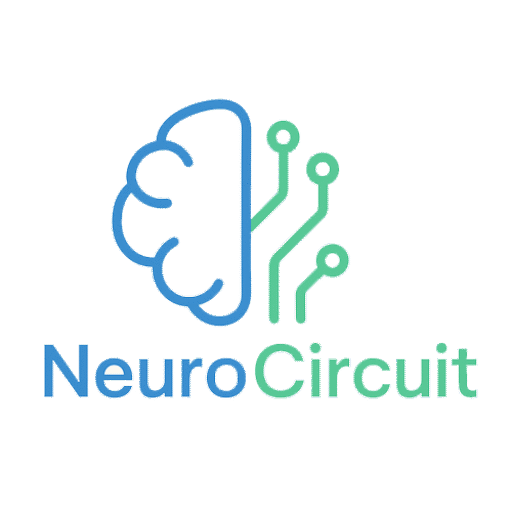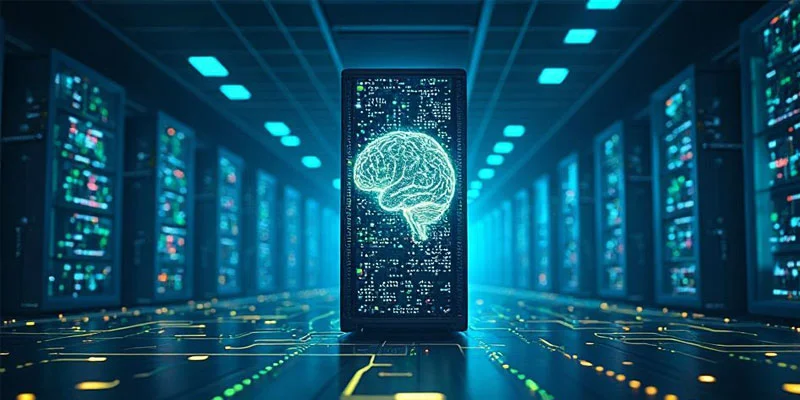Internet of Things, The latest trainings
The Future of Smart Data Exploring AI’s Role in IoT Data Optimization
The Future of Smart Data: Exploring AI’s Role in IoT Data Optimization
The rapid evolution of technology has ushered in an era where data is not just abundant but also crucial for decision-making across various sectors. As the Internet of Things (IoT) continues to expand, the volume of data generated by connected devices is staggering. However, this deluge of information can be overwhelming, and organizations often struggle to extract meaningful insights from it. This is where artificial intelligence (AI) steps in, offering innovative solutions for IoT data optimization and smart data management.
If you want to listen to the article below in audio form, use the player.
AI and IoT: A Game-Changing Intersection
The intersection of AI and IoT is transforming how businesses operate and make decisions.
-
AI algorithms can process vast amounts of data at lightning speed.
-
They identify patterns and trends that are impossible for humans to discern.
This capability is particularly valuable in optimizing IoT data, enabling organizations to enhance efficiency, reduce costs, and improve customer experiences.
The Challenge of IoT Data Management
One of the primary challenges in IoT data management is the sheer volume and variety of data generated. From sensors in smart homes to industrial machines, data arrives in different formats and frequencies.
-
Traditional data processing methods often fall short.
-
AI and machine learning algorithms can adapt and learn from new inputs.
-
Real-time analysis ensures organizations can respond swiftly to changing conditions.
Smart Cities and Sustainable Solutions
Consider a smart city: the integration of AI with IoT data can optimize multiple aspects of urban life:
-
Traffic management: analyzing data from cameras and sensors to reduce congestion.
-
Energy consumption: using AI in smart grids to optimize distribution and minimize waste.
-
Waste management: AI-driven analysis leads to cleaner and more efficient urban environments.
These applications illustrate how AI enhances IoT systems, leading to smarter, more sustainable cities.
AI-Driven Predictive Analytics in Key Industries
Healthcare
Wearable devices collect data on patients’ vital signs. AI algorithms can analyze this data to predict potential health issues before they become critical.
-
Improves patient outcomes
-
Reduces healthcare costs
Manufacturing
IoT sensors monitor equipment performance. AI analyzes the data to predict maintenance needs.
-
Minimizes downtime
-
Optimizes production schedules
Agriculture
Precision farming leverages IoT devices to gather data on soil, weather, and crop health. AI provides actionable insights such as the best planting or harvesting times.
-
Increases crop yields
-
Promotes sustainable farming by reducing resource waste
Challenges in AI and IoT Data Optimization
Data Privacy and Security
As devices become more interconnected, data privacy and security are critical concerns. Organizations must protect sensitive data from breaches and misuse.
Transparency and Accountability
The reliance on AI raises questions:
-
Are AI systems making fair and unbiased decisions?
-
How can transparency in decision-making be ensured?
Workforce Skills Gap
As AI adoption grows, there is a demand for skilled professionals to develop and manage these systems. Organizations must:
-
Invest in training and upskilling employees
-
Build a future-ready workforce
The Future of Smart Data
Looking ahead, the future of smart data optimization is promising:
-
More sophisticated AI algorithms will enable real-time data analysis.
-
Edge computing will process data closer to the source, reducing latency and bandwidth use.
-
Organizations will make faster, data-driven decisions with greater agility.
Ethical AI and Governance
The development of AI ethics and governance frameworks will be essential. Collaboration among governments, organizations, and communities is necessary to ensure transparency, accountability, and fairness in AI systems.
Conclusion
The integration of AI in IoT data optimization is redefining how organizations operate and make decisions. By leveraging AI, businesses can unlock the potential of the vast amounts of data generated by connected devices.
From smart cities to healthcare and agriculture, the applications are limitless, offering opportunities for efficiency, sustainability, and innovation.
However, addressing challenges related to privacy, security, and workforce skills will be crucial. With a collaborative approach, we can shape a future where smart data empowers organizations and enhances quality of life for individuals and communities alike.
Join our newsletter to get the latest projects, tutorials, and tech updates straight to your inbox! 🚀

